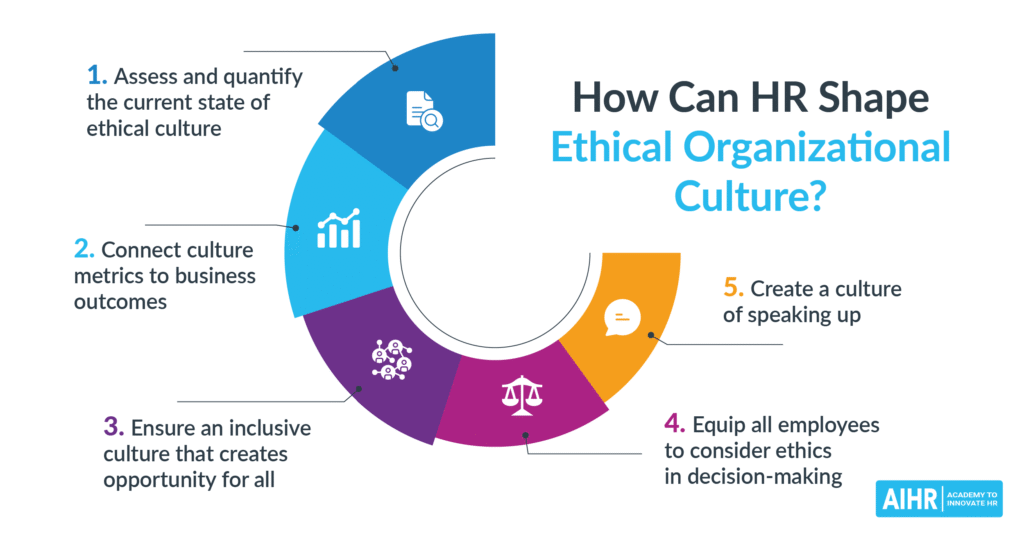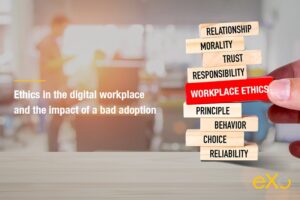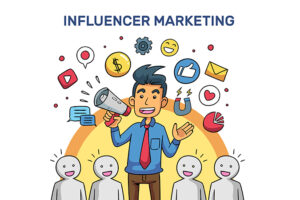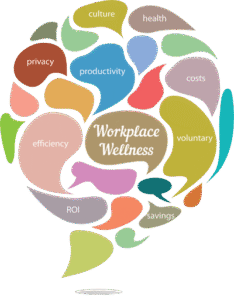Digital Scrutiny: Redefining Professional Emotions
6 min read
The digital age has brought unprecedented scrutiny to individual lives, blurring the lines between private moments and public perception. A recent incident involving Ishitta Arun, who faced severe online criticism for expressing joy and laughter at her uncle, legendary adman Piyush Pandey’s funeral, has ignited a fresh debate. Arun powerfully defended her actions, stating that their laughter was a tribute to his vibrant spirit, not disrespect, and emphasizing that “Grief isn’t a single script.” This event underscores a growing global phenomenon: the relentless digital scrutiny that now extends to emotional expression, profoundly redefining professional conduct and the very concept of
workplace authenticity in the digital age.
The Unscripted Self: Social Media’s Public Court
Ishitta Arun’s experience highlights a critical societal shift: the public’s expectation of a prescribed emotional performance, especially during solemn occasions, and social media’s role as an instant, unforgiving judge. Arun pointed out, “As a society, we tend to attach emotions to certain prescribed behaviours. If you’re not crying, then you must not be grieving.” This deeply ingrained mentality, historically confined to drawing rooms, has now exploded onto global digital platforms, turning every visible moment into fodder for judgment. The incident reveals how social media platforms, originally designed for connection, have morphed into virtual public courts where personal narratives are dissected, and emotional displays are policed by an anonymous global audience. For professionals, this means that every personal post, comment, or even a fleeting facial expression captured in a public video can be decontextualized, amplified, and used to form sweeping judgments about their character and, by extension, their professional suitability.
This “performance culture” online creates immense pressure on individuals to curate an ‘ideal’ persona, often at the expense of genuine emotional expression. The desire for
workplace authenticity in the digital age
clashes directly with the pervasive need to conform to digital expectations to avoid backlash that could impact careers and reputations. The consequence is a world where individuals, including aspiring professionals, often feel compelled to “mute memory to make strangers comfortable,” as Arun aptly put it.
Navigating the Digital-Professional Divide
The impact of this digital scrutiny extends far beyond personal circles, directly influencing professional environments and career trajectories. Employers are increasingly conducting extensive digital background checks, scrutinizing candidates’ and employees’ online presence for any red flags that might indicate a lack of judgment, poor professional conduct, or values misaligned with the company culture. What might seem like a harmless personal post to an individual could be interpreted by a potential employer as unprofessional, irresponsible, or even discriminatory.
This intense scrutiny challenges the traditional boundaries between an individual’s private life and their professional persona. The expectation of
workplace authenticity in the digital age
has become a double-edged sword: while companies advocate for employees to bring their whole selves to work, the digital realm simultaneously demands a highly filtered, constantly monitored version of that self. The psychological toll of this constant surveillance can be significant, leading to self-censorship, anxiety, and a pervasive fear of misinterpretation or accidental misstep online. It demands a heightened level of digital literacy and strategic self-presentation that was unheard of a decade ago, forcing professionals to meticulously manage their online footprint.
Implications for Aspiring Global Professionals: The Student’s Digital Footprint
For international students and those aspiring to work abroad, understanding and navigating this digital landscape is not just a matter of social etiquette; it’s a critical component of their visa application success, employment prospects, and integration into a new professional culture. Immigration authorities, particularly in Western countries, often include “character” or “good moral conduct” clauses in visa requirements. While primarily focused on criminal records, adverse online activity can increasingly factor into such assessments, especially if it suggests a disregard for laws, societal norms, or ethical behaviour prevalent in the host country.
Challenges for International Students:
- Visa Scrutiny: Social media posts expressing controversial opinions, anti-establishment sentiments, or inappropriate behavior (even if meant humorously) could be misinterpreted by visa officers, leading to delays or even rejections. The digital footprint can become an unofficial “character reference.”
- Job Market Hurdles: Many international companies conduct deep dives into applicants’ social media profiles. A perceived lack of professionalism, inappropriate emotional displays, or even culturally insensitive content can immediately disqualify a candidate, regardless of their qualifications.
- Cultural Misunderstandings: Emotional expression and social norms vary significantly across cultures. What is acceptable online in one’s home country might be considered highly inappropriate in a foreign professional context. Ishitta Arun’s defense, rooted in her family’s cultural understanding of grief, serves as a poignant example. International students must be acutely aware of these nuanced differences.
- Long-Term Reputation: A digital misstep early in one’s career can have long-lasting consequences, impacting future job opportunities, professional networking, and overall personal branding in a new country.
The pursuit of
workplace authenticity in the digital age
for international students involves a delicate balance: expressing oneself genuinely while adhering to the unwritten (and often unspoken) rules of digital professionalism in a global context. This requires a proactive approach to managing one’s online identity.
Cultivating a Resilient Digital Identity: Expert Strategies
Navigating the complex interplay of social media, emotional expression, and professional conduct demands conscious effort and strategic planning. Here are practical tips for professionals, especially international students, to cultivate a resilient digital identity:
- Mindful Posting: Before sharing anything, ask: “Would I be comfortable with my current or future employer, or a visa officer, seeing this?” Err on the side of caution for sensitive topics.
- Review Privacy Settings: Regularly audit and strengthen privacy settings on all social media platforms. Limit who can see your posts, photos, and personal information. Remember, however, that screenshots can bypass these.
- Understand Cultural Nuances: Research and understand the professional and social etiquette of your target country or industry. Emotional expression, humor, and political discourse vary significantly. What might be
workplace authenticity in the digital age
in one context might be seen as unprofessional in another.
- Curate Your Professional Image: Maintain a professional profile on platforms like LinkedIn. Ensure your professional online presence aligns with your career aspirations and the values of the companies you admire.
- Be Proactive in Digital Cleaning: Periodically review old posts, photos, and comments. Delete anything that could be misinterpreted or reflect poorly on your judgment. Google yourself regularly to see what appears publicly.
- Engage Constructively: If you choose to engage in online discussions, do so thoughtfully and respectfully. Avoid confrontational or inflammatory language, even in personal spaces.
- Seek Professional Guidance: For those unsure about their digital footprint or facing challenges, visa consultants and career advisors can offer tailored advice. They can help identify potential red flags and strategize effective online self-presentation, especially for visa applications.
The Future of Professionalism in the Digital Sphere
The Ishitta Arun incident is not an isolated event but a stark reminder of an evolving digital landscape where personal emotions are inextricably linked to public judgment and, subsequently, professional standing. As social media continues to permeate every aspect of life, the definition of professionalism is broadening to encompass an individual’s online behaviour and emotional intelligence, even in seemingly private contexts. The call for
workplace authenticity in the digital age
is now tempered by a pragmatic need for digital prudence and cultural awareness.
Moving forward, digital ethics and responsible online conduct will become increasingly vital components of education and professional development. For international students, mastering this aspect of global citizenship is as crucial as academic excellence. The challenge lies in finding a balance where individuals can express their authentic selves without compromising their professional integrity or future opportunities in a world that is always watching, always judging, and always connected.
Reach out to us for personalized consultation based on your specific requirements.



